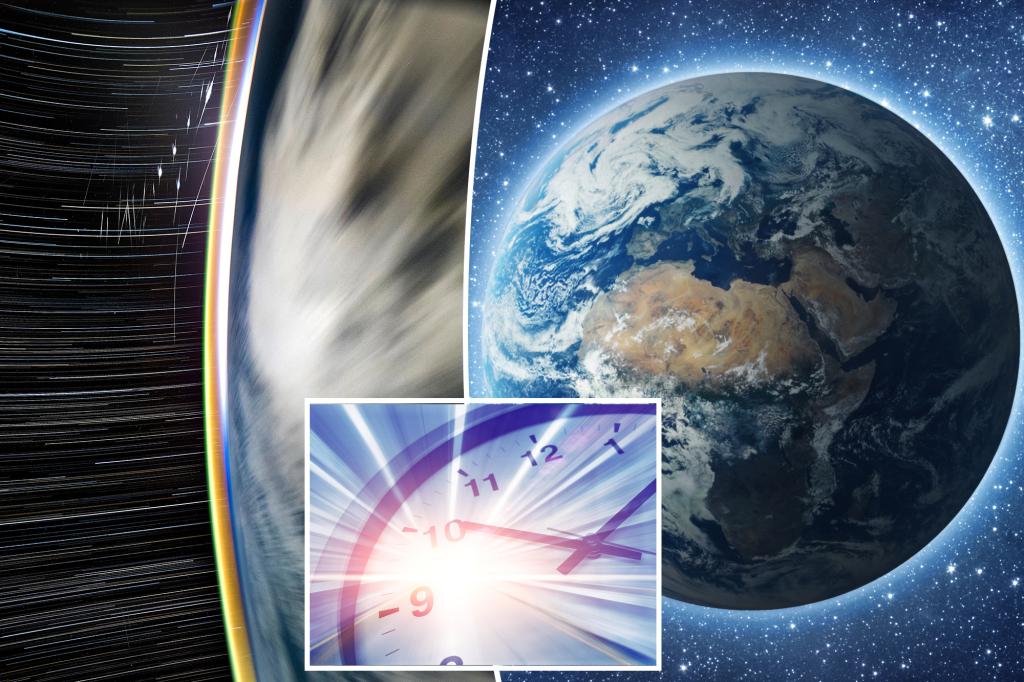So little time.
Tomorrow might be a shorter day — but you’ll barely be able to tell.
Scientists say that Earth will spin a tad faster than usual on Tuesday — shortening the usual 24-hour day by 1.25 to 1.51 milliseconds. This prediction was made by the International Earth Rotation, Reference Systems Service and the U.S. Naval Observatory, according to TimeandDate.
Considering it takes Earth 86,400 seconds to make a full rotation — this change is so minor that, as of now, it won’t have a major impact on people’s daily lives, as reported by CNET.
And to many people’s surprise, tomorrow will mark the third shortest day this summer. July 9 and July 22 were two other time crunch days, according to the International Rotation and Reference Systems Service.
Experts blame the moon’s position for the shorter dog days of summer — but they’re not positive.
“The cause of this acceleration is not explained. Most scientists believe it is something inside the Earth. Ocean and atmospheric models don’t explain this huge acceleration,” Earth rotation expert from Moscow State University, Leonic Zotov, told TimeandDate.com.
And this trend of shorter days has been going on since 2020.
July 2020 had a day that was 1.47 milliseconds shorter, and two years later, in June 2022, there was a day where 1.59 milliseconds was shaved off.
Bet you never even realized you’ve lived anything shorter than a 24-hour day.
While they’re not noticeable in the moment, scientists warn that shorter days could have negative long-term effects.
As our pale blue dot’s rotation speeds up, the diverging force might cause ocean water to shift towards the equator — which in turn could potentially raise sea levels enough to flood flatlands, as explained by the Daily Mail.
If Earth’s speedy rotation keeps at it, experts fear that the 24-hour day could shorten by two hours.
As a result, humans’ internal clocks would be thrown out of whack and a 22-hour day would also potentially cause dangerous weather patterns, like faster and more catastrophic hurricanes, NASA astronomer Dr. Sten Odenwald explained, according to the outlet.
“This is an unprecedented situation and a big deal,” study lead author and geophysicist at the Scripps Institution of Oceanography at the University of California, Duncan Agnew, said earlier this summer.
Read the full article here

